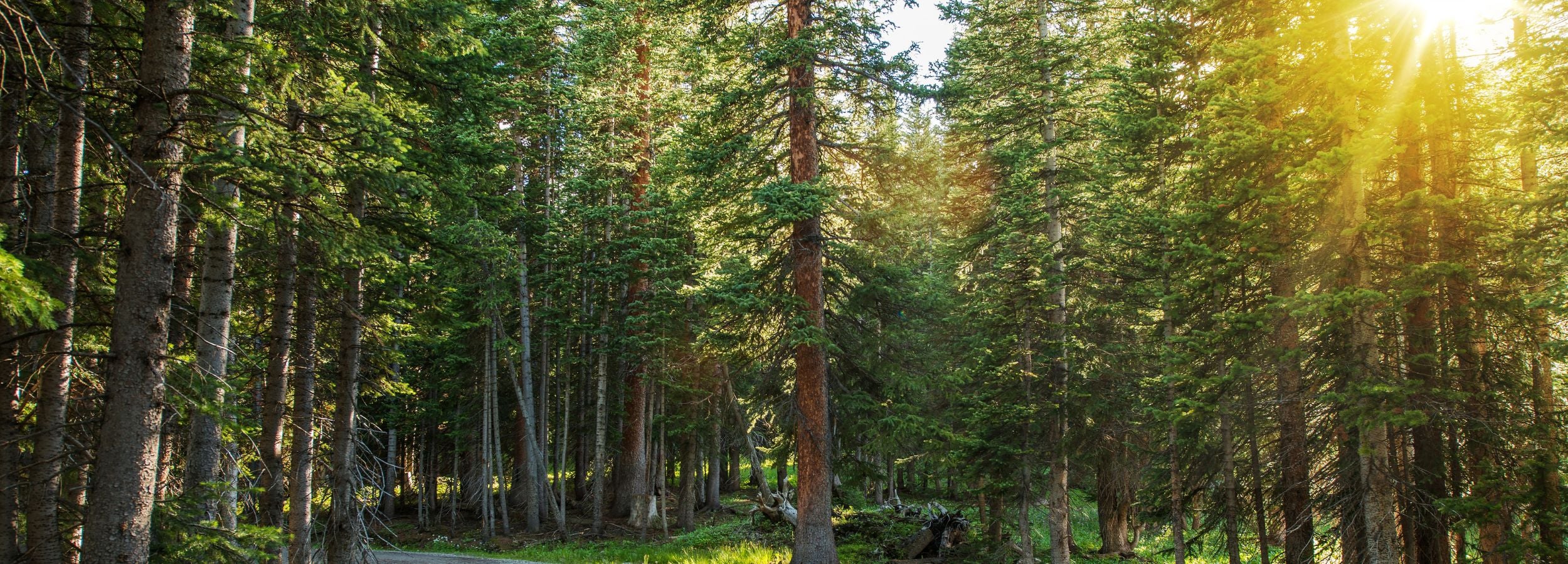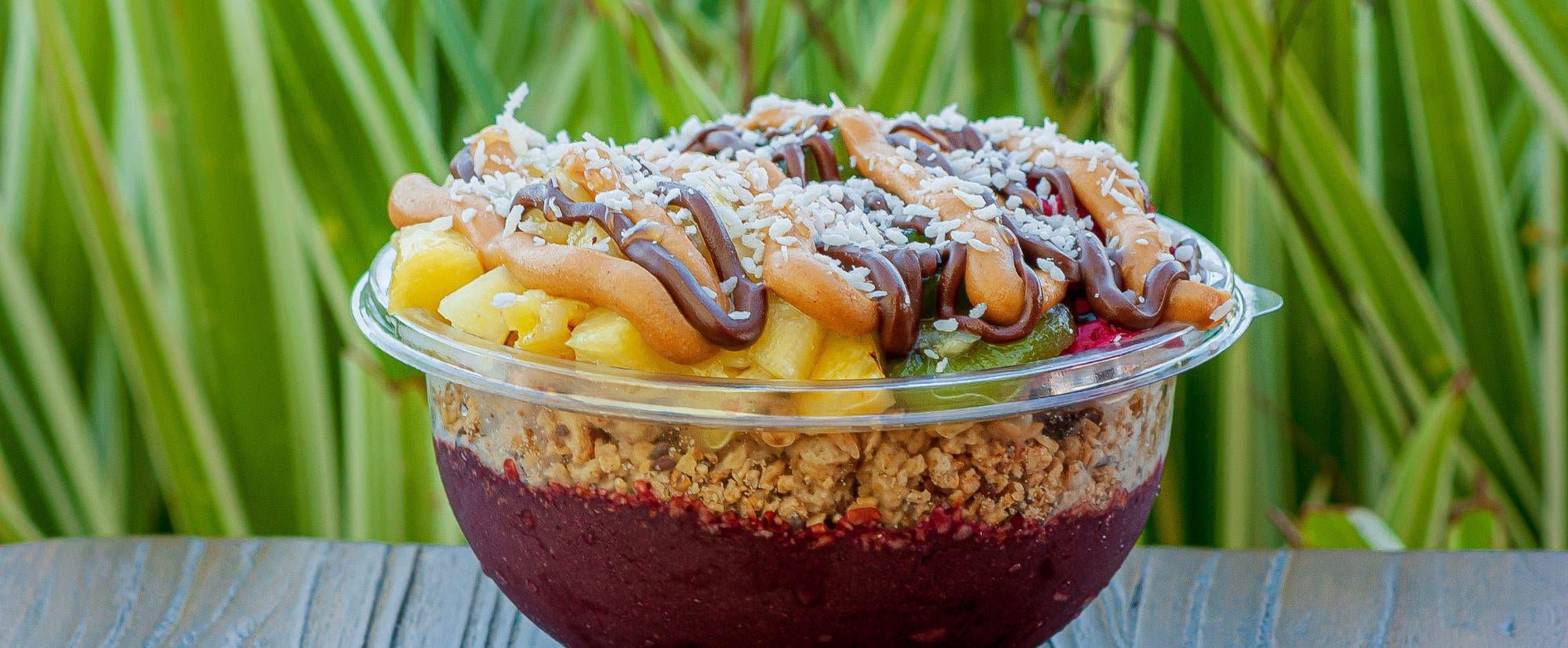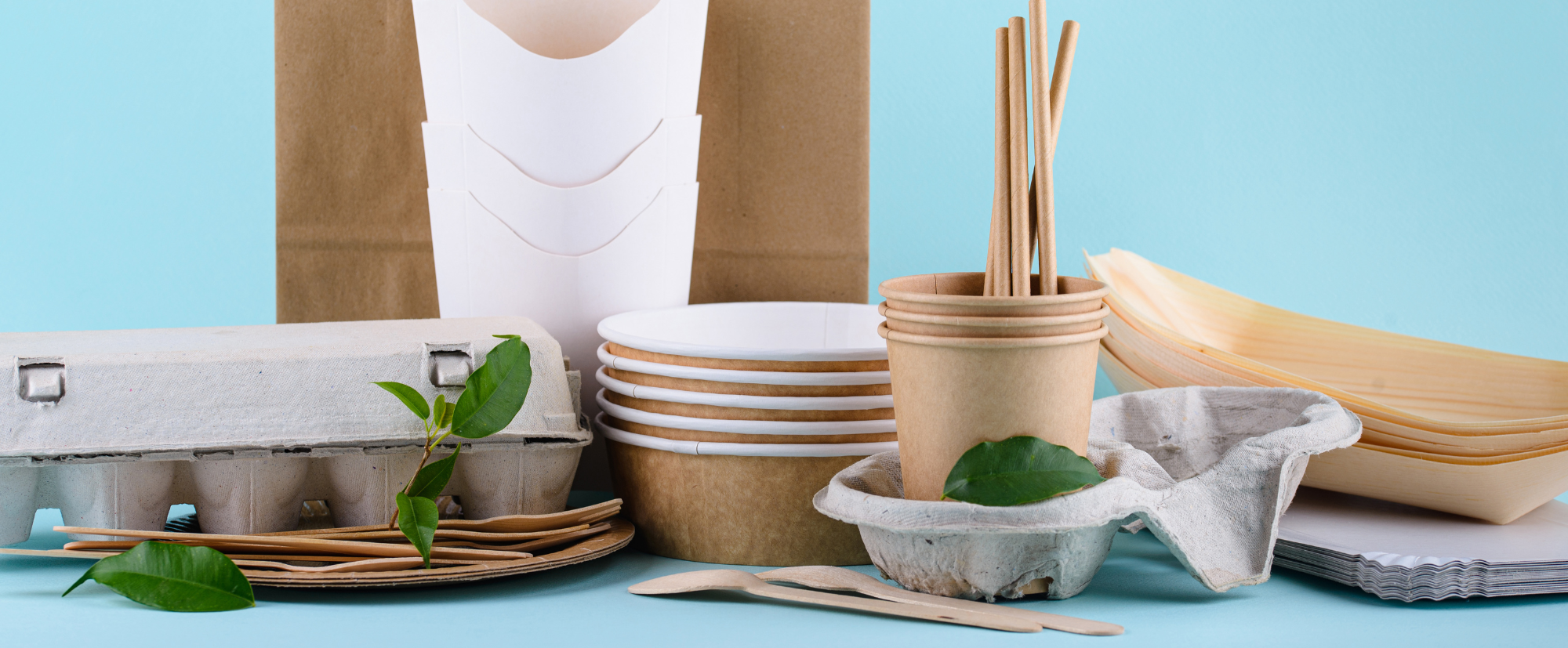How Does Composting Work? The Science Behind it
Yard and food waste are two of the categories that stand as a big environmental challenge in the US. To address this issue there has now been the method of composting which is being adopted in the US. Composting of waste reduces the need to throw it away and reduces the piling up of landfills. Rather the waste can now be dumped into your backyard garden, home garden or farmland and let decay such that it becomes a natural fertilizer or compost.
Compost is also commonly known as black gold. This black gold in turn makes the soil healthier for plant growth and increases its nutrition. Here is a brief account of how composting works and why you need to use composting as a means towards a sustainable environment.
What Is Composting?
Since composting is relatively a new term that most people are unaware of, there have been questions such as what is composting. Composting is a natural process of recycling organic matter such as fruit peels and food scraps and converting it into usable fertilizer which nourishes the soul and plants with much needed nutrients.
Anything that can be decomposed can be used as a compost. However, there are exceptions such as meats and cheese which cannot be added to compost since they might attract pests. The process of composting merely helps speed the process of decomposition by providing the necessary conditions and a suitable environment for fungi and bacteria to thrive. The resulting by-product is compost which is also called black gold. So, if you have some organic discards then instead of throwing them away you can convert them into compost and create a great natural fertilizer.
Benefits Of Composting
Once you get to know how composting works you also get to know that composting offers several benefits to both the society and environment. Some of the key benefits of composting include waste reduction and soil enrichment among others. Here are some of the other benefits of composting that are commonly seen:
- Waste reduction: Composting tends to reduce any waste from landfills and reduce the volume of waste while also minimizing methane emissions which is a potent greenhouse gas.
- Nutrient recycling: Composting recycles the nutrients that are present in the organic waste. This in turn goes into the soil in a form that can be readily accepted by the plants.
- Improved water management: Compost improves soil water retention and drainage which in turn reduces the amount of water runoff and soil erosion.
- Soil enrichment: Compost increases soil fertility highly while also increasing moisture retention and promoting healthy plant growth. This in turn also reduces the need for chemical fertilizers.
- Community Engagement: Community composting helps increase awareness and education about sustainable waste management methods.
- Cost savings: Compost can act as an alternative to chemical fertilizers which reduces agricultural input costs and improves the profitability obtained by farmers.
- Seizing amount of carbon: Composting helps reduce the amount of carbon in the soil which also reduces the carbon dioxide levels in the atmosphere hence contributing to the reduction of climate change.
What Can Be Composted?
Knowing what to add to your composting bin and what can be composted is very important along with knowing how composting works. Here are some of the materials that indicate what can be composted:
- Paper towels and tissues
- Cotton and wool
- Crushed eggshells
- Coffee grounds and filters
- Brown paper products such as cereal boxes, brown paper bags, cardboard
- Grass clippings and yard trimmings
- Hair and fur
- Leaves
- Nutshells
- Old vegetables
- Stale bread
- Pinecones
- Paper egg cartons
- Wine corks
- Plain paper documents
- Fruits and vegetable peels.
What Can Not Be Composted?
While the opportunities for items you can compost are unlimited there are several types of things that you need to leave out of your compost pile if you need to have a successful and safe fertilizer. Here is the stuff you need to leave out:
- Pet waste
- Acidic foods
- Oils or greasy foods
- Human waste
- Weeds that do not have seeds
- Onion and garlic scraps
- Cellophane
- Synthetic fiber
- Toxic plants
- Dairy products
- Baked goods
- Human waste
- Treated wood or sawdust
- Seafood and meat products
- Feminine hygiene products
- Glass
- Wrapping paper.
How To Make Compost At Home?
As spring arrives there is a lot of growth in your yard. This growth can be easily converted back into fertilizer for soil. Here is how you can start with a compost pile and create a soil add-on that helps with water retention during summer. Here is a step-by-step guide regarding how to make compost at home.
Step 1: Find your ideal spot
Select a dry shady area that is away from your house but also close enough to your garden such that your garden hose can easily reach. While you can invest in a good compost bin, you can also do this process directly on the ground. Some also recommend adding a base layer of woody or bushy material that promotes aeration however that is completely optional.
Step 2: Build your compost pile
The key to how to make compost at home is building up the right pile of compost. Alternate the layer of green (nitrogen) and brown (carbon) material and aim for a 1:4 ratio of greens to browns. Brown materials include small wood chips, sawdust, shredded newspaper, or cardboard which are rich in carbon content. Green materials usually include food waste, grass clippings, and garden waste such as weeds.
Aim for the layers that are quite a few inches deep and you can use a garden hose for moisturizing all of the layers. Make sure all your food scraps are layered with brown materials so that there is no smell and flies.
Step 3: Often mix the compost pile and keep it moisturized
If you have wondered how composting works then it all depends on how much you mix the pile. The more you mix your compost pile the faster it will undergo decomposition. You can also use a rake or shovel to mix the pile. Be sure to mix the pole thoroughly at least once or twice a week. Also, use your garden hose to add moisture if you see that your pile is a bit dry.
Step 4: Cover to retain, nutrients, moisture, and heat
Cover your pile with an old scrap of carpet or with a tarp. This will capture all of the heat and aid in faster decomposition. It will also prevent nutrient loss in case it rains. While rains are a welcome sight for your plants, they will wash off all the nutrients present in your compost and deposit them into the ground.
Step 5: Acceleration of breakdown
If you want your compost to be ready to use by the start of summer you can also add a compost accelerator to speed up the breakdown. Though it is optional. The basic solution you can make to increase breakdown includes adding sugar water ammonia and beer to your compost pile.
Here are some of the additional tips to take care of your compost:
- A compost pile can be started at any time of the year though it may be hard to decompose during winter
- If your compost pile starts stinking it contains too much water, allow it to dry out a bit by turning it over and not adding any additional water.
- Other odor-causing issues include adding too much green materials and not enough brown materials in your compost pile.
Choosing The Right Compost Site
Where you will be placing your compost pile is very important. You want to be able to keep your pile as far away from your house as possible but the compost site should not be so far that you will not be able to reach it often. But you also might want to make sure that the compost site is not too close to your property or your neighbors might complain. Some of the other factors to consider include:
- Winds should go away from your house: Even the well-kept compost pile might stink so the winds must go away from your house while deciding on a proper compost site for your pile.
- Sunlight: Sunlight can help warm up the compost during winter however too much sunlight may dry out the pile. It is hence needed that you keep a cool shade in summer and sunlight should enter during winter.
- Drainage: You might want proper drainage as too much water near the pile can be damaging the pile.
- Surface: Bare earth area is better than concrete area. You should also give sufficient area for the pile to decompose.
You can also choose compost bins according to your needs. Here are multiple types of compost bins that are available:
- Stationary composters: These are the most common type of compost bins that produce compost but it takes a lot of time.
- Tumbler composter: These are bins that rotate occasionally on their own so that you do not have to flip them regularly.
- Worm compost bins: These are highly beneficial in vermicomposting. It has a continuous model.
- Ground compost piles: You can just pile compost on bare ground and let nature take its course.
- Countertop compost processors: These are great for winter as they work automatically and give odorless organic waste recycling.
Conclusion:
And that sums up everything you need to know about how composting works and what is composting. Creating your own compost is also a great way to reduce your carbon footprint while also turning organic waste recycling into something highly useful. You can also start growing your fruits and vegetables at home while saving money on groceries and getting some delicious produce. If you’ve got children you can also educate them about sustainability through composting regularly.
FAQ’s
- How long does it take for compost to decompose?
If there are really fine materials present then it takes quicker to compost. It may however take around 6 to 12 months to complete the process and get compost.
- What breaks down compost?
Fungi play an essential role in breaking down compost. They also aid aeration and drainage necessary for decomposing.
- How often should you turn your compost?
You need to turn over your compost at least once or twice every week. This ensures enough air and moisture to enter the pile.
- Can homemade compost go bad?
Compost if not stored properly can go bad. It is hence essential to store your compost properly and regularly add it to your plants.




